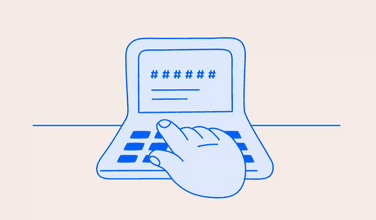Business insights from Osome Blog
Our articles help you with navigating the intricacies of running a company in the UK. From checklists to roadmaps and clear explanations of bureaucratic rules, we provide you with all the essential information you need.







Get expert tips and business insights
By clicking, you agree to our Terms & Conditions,Privacy and Data Protection Policy
We’re using cookies! What does it mean?

